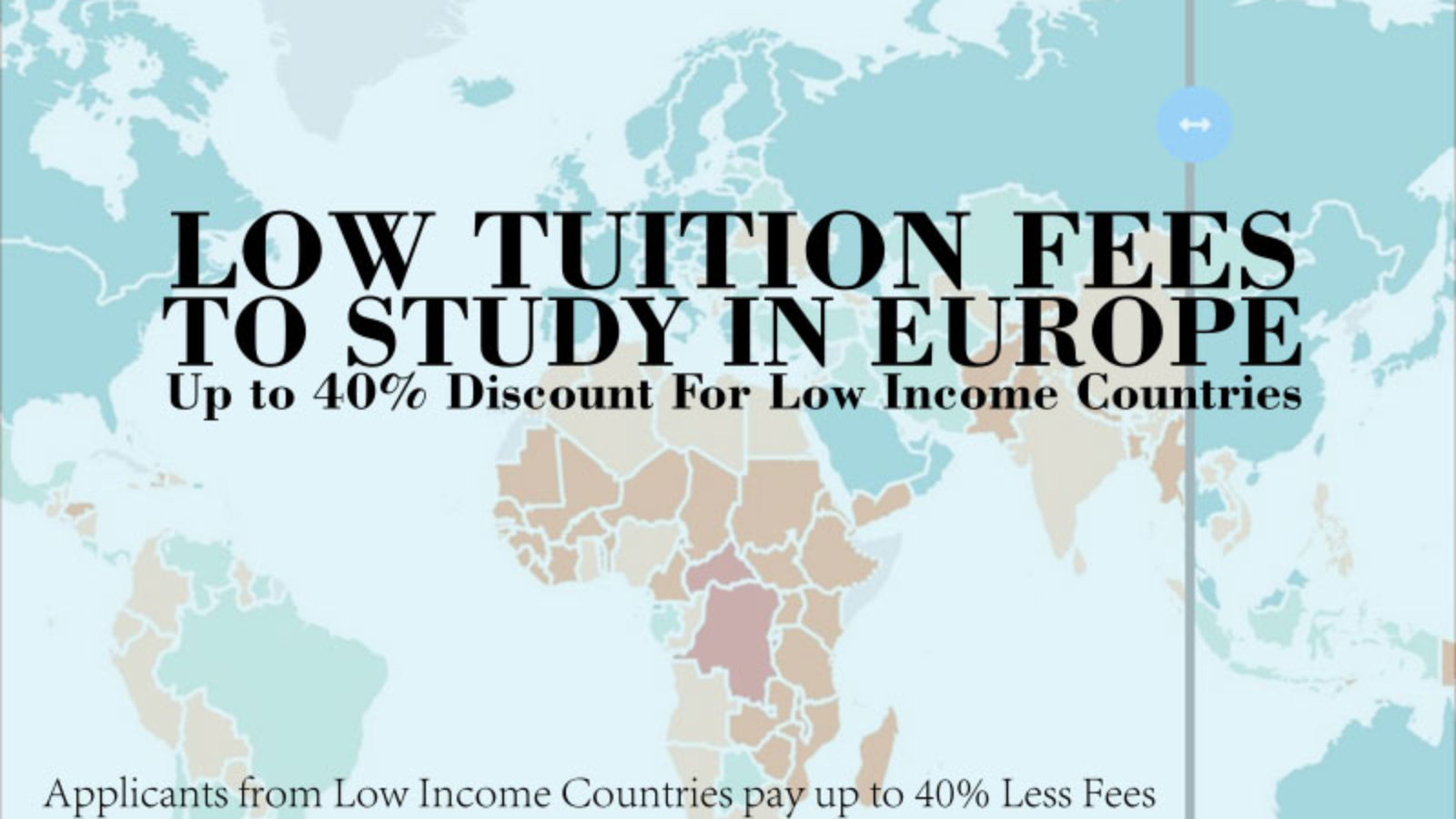Estimated Reading Time: 7 minutesLast year we were invited to a meeting organized by UNIDO Headquarters, which is in Vienna, Austria. UNIDO is the United Nations Industrial Development Organization, that promotes industrial development for poverty reduction, inclusive globalization and environmental sustainability. Their office is very close to our Building in Tech Gate Vienna. The meeting was about the development and sustainability of Education in Africa.
During the discussion in coffee break, I heard an expert from Africa criticized the European education systems. She was arguing that the Europe is not offering equal chances and opportunities to students from low income countries, so that they can study in Europe. That was an emotional discussion. I was a Eureka moment that initiated a program, which has major advantages for low income countries.
Now we have a profound system to offer a systematic discount on the tuition fees, based on the GDP (PPP) per capita of the countries. It is the average gross domestic product, at purchasing power parity per capita. The calculation of GDP(PPP) considers multiple parameters including saving, cost of living and inflation rate in each country. This is why GDP (PPP) per capita is often considered as one of the indicators of a country’s standard of living. We know however that this is not an ideal parameters, because GDP per capita is not a measure of personal income.
Anyway, this is the first step. We we have now a list of countries with different discount rates from 5% to 40%. The details is available here https://www.cademix.org/admissions-aid/.
To the best of our knowledge, this initiative is only available at Cademix Institute of Technology and one of our partner organizations, ZAMSTEC Academy of Science and Technology (www.zamstec.com). We highly encourage other partners, European Educational Institutes and Universities across the world to follow the lead. Only together we can reduce the Tuition Fees for applicants from Low income countries.


